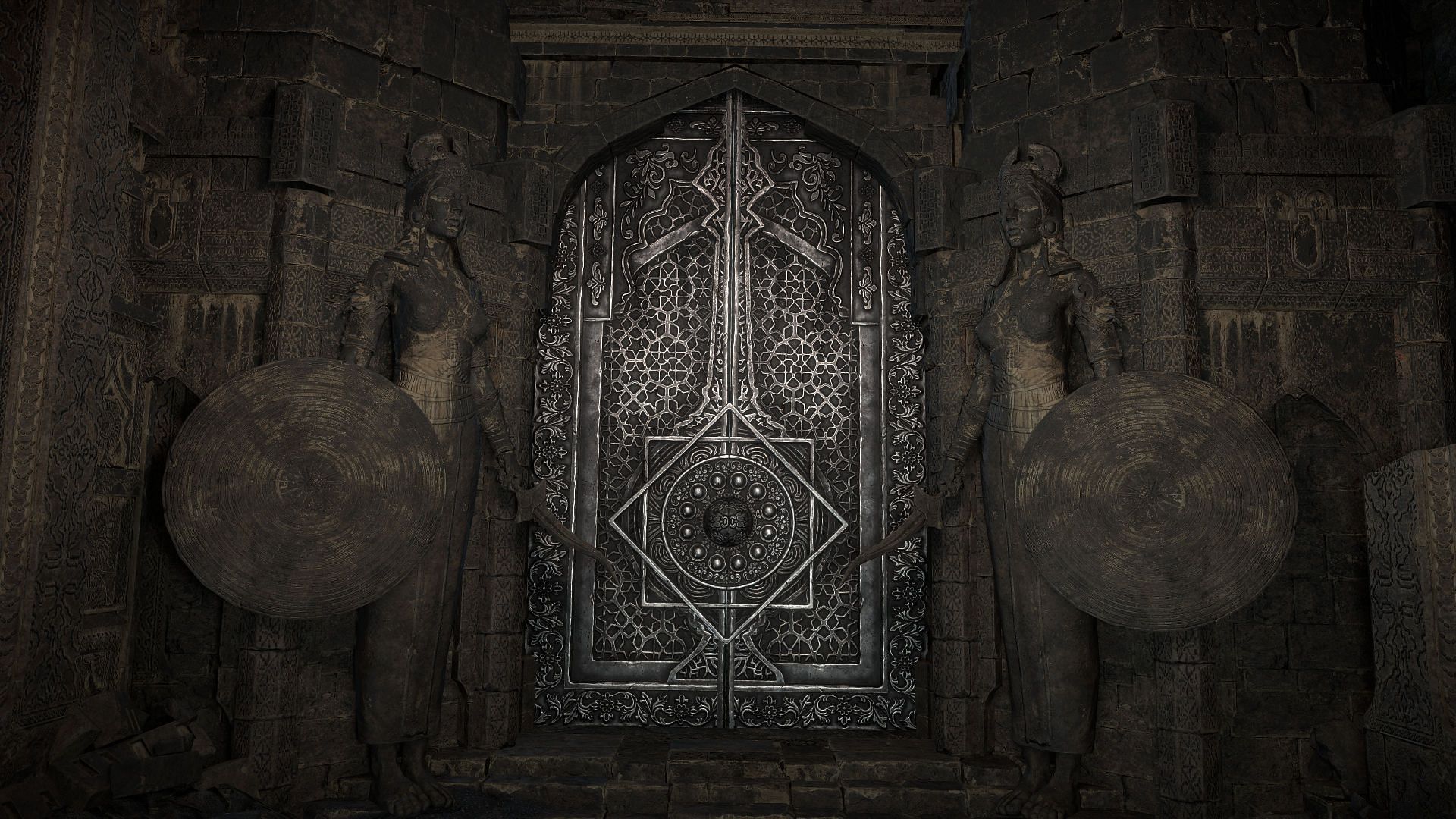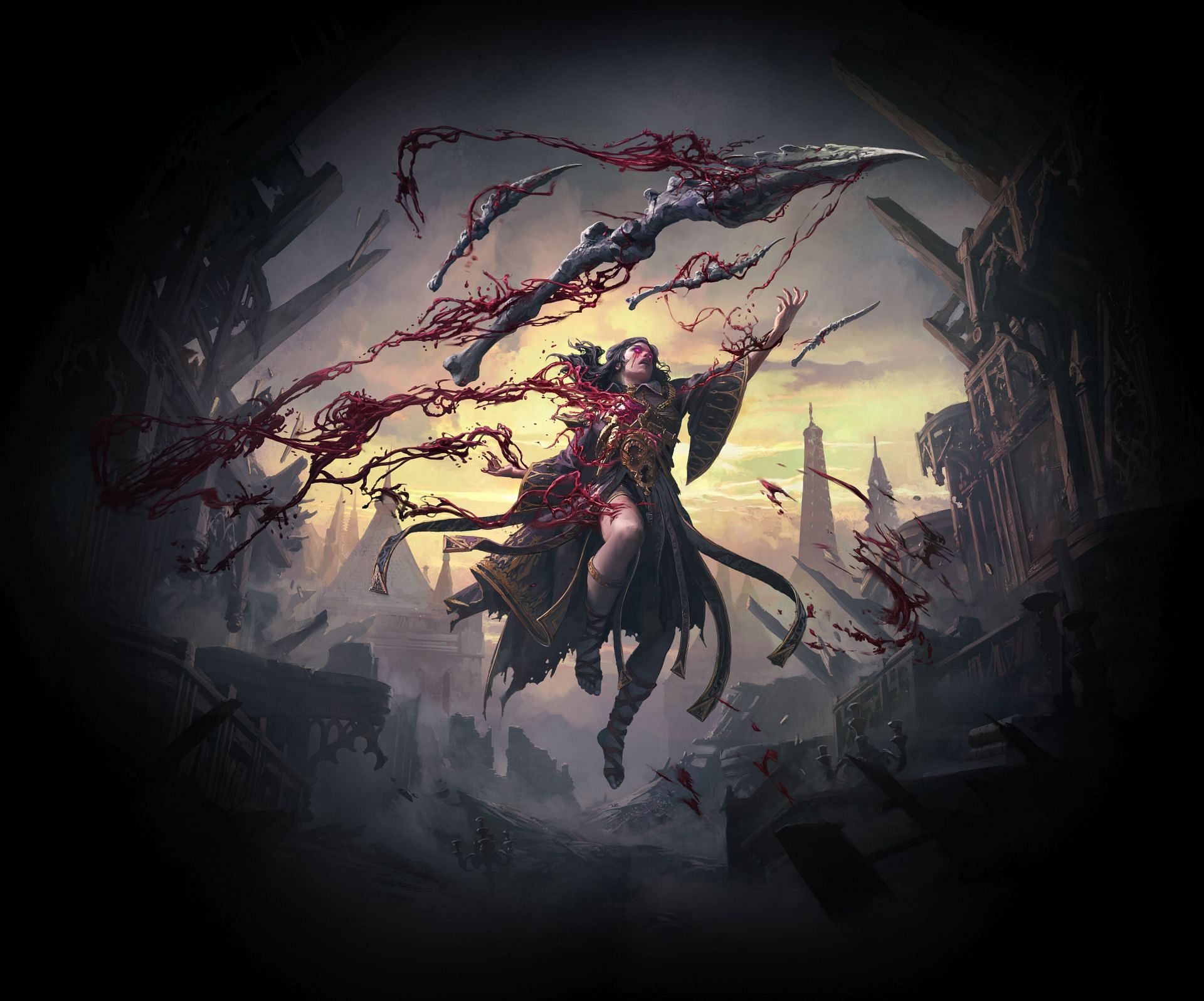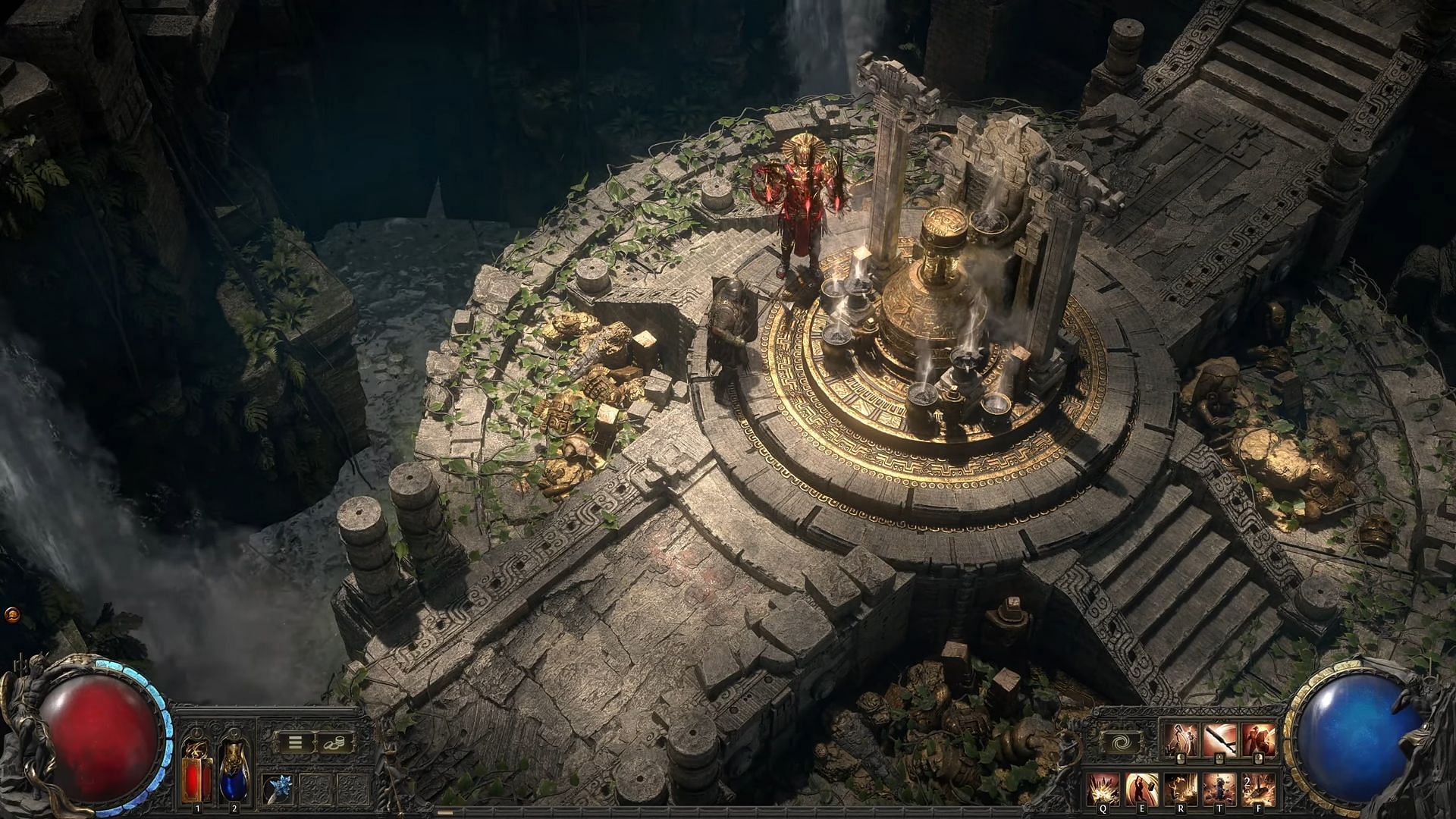
Path of Exile 2 Ascension Trials, explained
Grinding Gear is taking a different approach toward Ascension and the associated trials in Path of Exile 2, offering completely different gameplay mechanics and rewards. Ascensions, called Ascendancies in Path of Exile, are unique classes associated with each character. These allow players to specialize in distinctive aspects of the character and open up additional avenues of gameplay modification.
Path of Exile has smaller Ascendancy Trials in maps and zones, which leads to The Lord's Labyrinth, a gigantic maze of perils. Traversing the maze and overcoming the Labyrinth's master Izaro grants players Ascendancy points to invest in their desired Ascendancy classes. Path of Exile 2, however, aims to take a different and much more diverse approach toward Ascension, where players are free to engage with Ascension Trials whenever and however they want.
How to achieve Ascension in Path of Exile 2
Ascension in Path of Exile 2 is granted via one of two trials during the Early Access, with a third trial being teased for the full release. These Ascension Trials appear as soon as Act 2 and can be accessed at any time, once the pre-requisite conditions have been met.

For the first Ascension Trial, players will be tasked to overcome The Trial of the Sekhemas. Based in the Vastiri Deserts of the Maraketh, this trial can be accessed by obtaining a coin of Djinns. Based on the showcase, the Djinn is Balbala, a former Sekhema of the Maraketh.
Inside The Trial of the Sekhemas, expect to find rooms with a host of enemies, traps, bosses, and special encounters. Kill every enemy in the room to reach the next one and plan for further exploration. You are subject to an honor system inside the trial.
Honor functions as an additional health bar. Getting hit by enemies and traps reduces honor, and the run ends when no honor is left. You can gain Sacred Water inside the trial, currency for additional boons, and utilities. Upon killing the first-floor boss, Path of Exile 2's first two Ascension points can be obtained from the Altar of Ascendancy.

For those unaware, The Trial of the Sekhemas functions exactly like Path of Exile's League Mechanic The Forbidden Sanctum. It even allows relics in the endgame, but we'll get to that later. For now, we'll talk about the return of Ultimatum in Path of Exile 2 as an Ascension Trial.
The Second Ascension Trial is the Trial of Chaos, based on the Vaal Civilization's worship of Chaos. Ultimatum League's Trialmaster returns as the de-facto vendor and tentpole NPC for this trial. Trial of Chaos is a round-based gauntlet of slaying monsters, avoiding traps, and overcoming difficult bosses with modifiers of a player's choosing being added at the beginning of each round.
Trial of Chaos is based upon Ultimatum's risk vs reward gameplay structure but turns it up a notch, with added bosses and extra encounter types. Defeating the first boss in Round 3 completes the Trial and grants two more Ascension points. In Path of Exile 2, you can freely choose either Trial as their first and complete them in any order for their Ascension.

In the endgame, these Trials are expanded with higher levels and denser tribulations. Information is a little limited on the Trial of the Sekhemas, but we know this will be a major source of Jewels in the game, which can be socketed in the Path of Exile 2's expansive passive skill tree. Trial of Chaos will feature 10 rounds in the endgame and will have a chance to fight the Trialmaster as its pinnacle encounter. Endgame trials will require special items to enter, such as Inscribed Ultimatums for Trial of Chaos.
Currently, there is no information available on the final Ascension Trial. But rest assured as this Trial and its associated endgame details will be revealed before the full release. The Early Access for Path of Exile 2 begins on December 6, 2024.